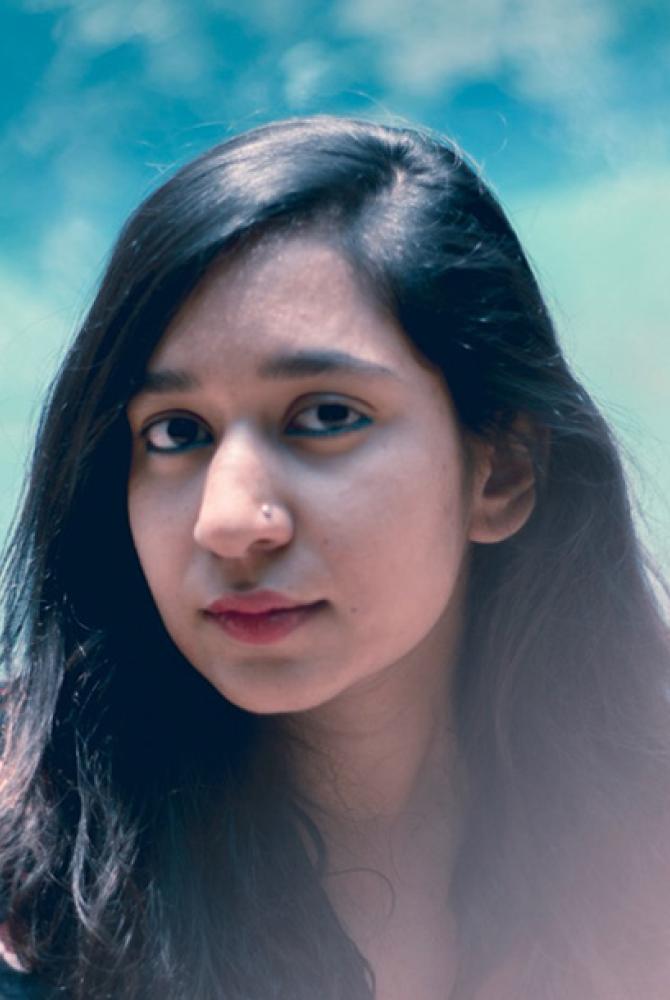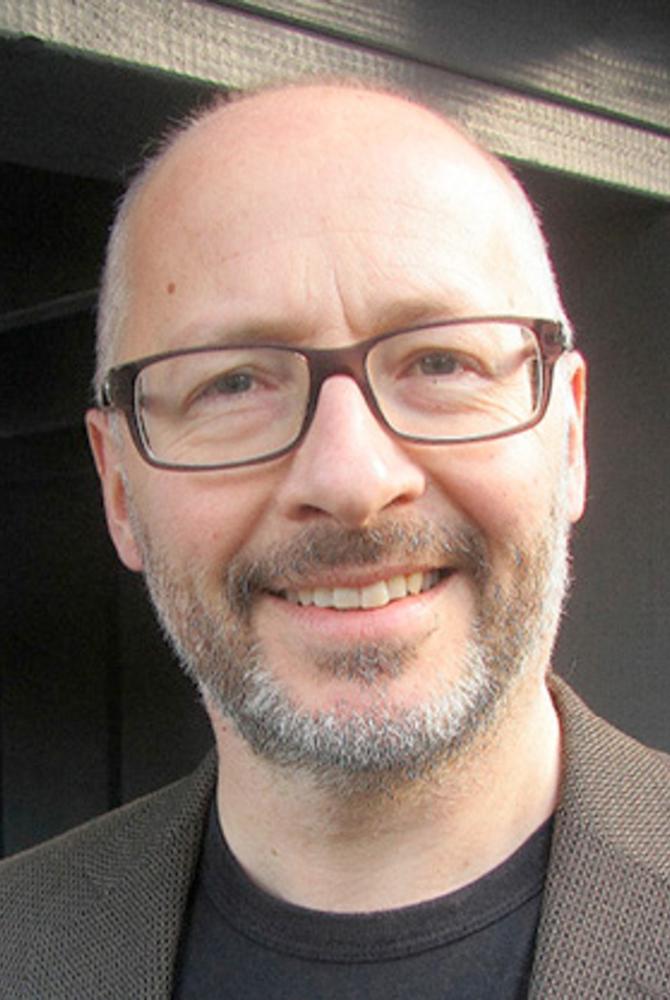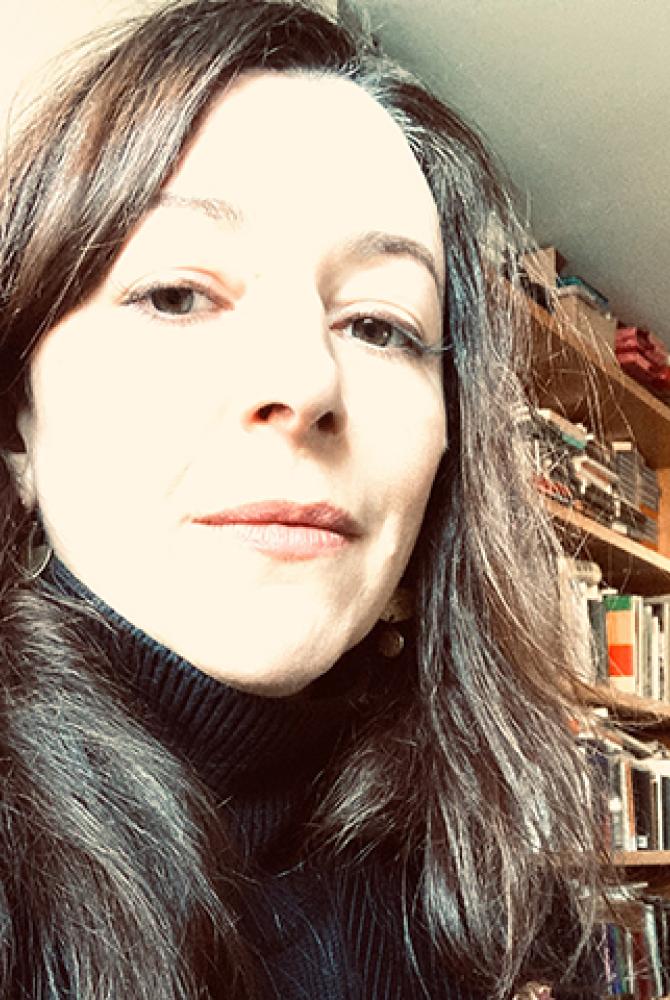Outline
Offered in one of the largest, oldest and most research-focused art history departments in the UK, set in a culturally rich capital city, the MSc in Modern and Contemporary Art provides in-depth understanding of art and its contexts of interpretation and mediation.
The programme focuses on the period from the 19th century to the 21st century, spanning from the historical avant-gardes to the latest trends of contemporary art.
Through two core courses and a wide range of option courses, you will acquire solid knowledge of art in the covered period and of how artworks are mediated to the public through curating, exhibition making and event organising.
Our option courses are taught by expert academics and include a Work Placement, offered on a competitive basis and in collaboration with art institutions in and near Edinburgh.
The option courses include topics such as:
- radical art movements, on critical positions such as feminism and postcolonialism
- institutions such as modern art museums, art biennials and independent art spaces
- practices such as artists' film, photography and performance.
The MSc combines a focus on art history, what is happening now in the art field, theoretical frameworks, and curatorial thinking while it prioritises the encounter of art and society.
Beyond the classroom: Scotland's cultural landscapes
As a student on this programme, you will benefit from a number of organised visits and field trips to cultural institutions in Scotland. These trips will give you:
- privileged, behind the scenes experience of Scotland’s vibrant cultural sector
- an introduction to the work of curators and other professionals working in the arts and heritage
- valuable insight into the work of staging exhibitions, caring for collections and engaging the public
We see field trips as a fundamental learning tool, as well as an important opportunity to strengthen the sense of community within the programme.
There is no additional cost for these visits.
To find out more about this course, visit our Degree Finder: Modern and Contemporary Art: History, Curating and Criticism.


















